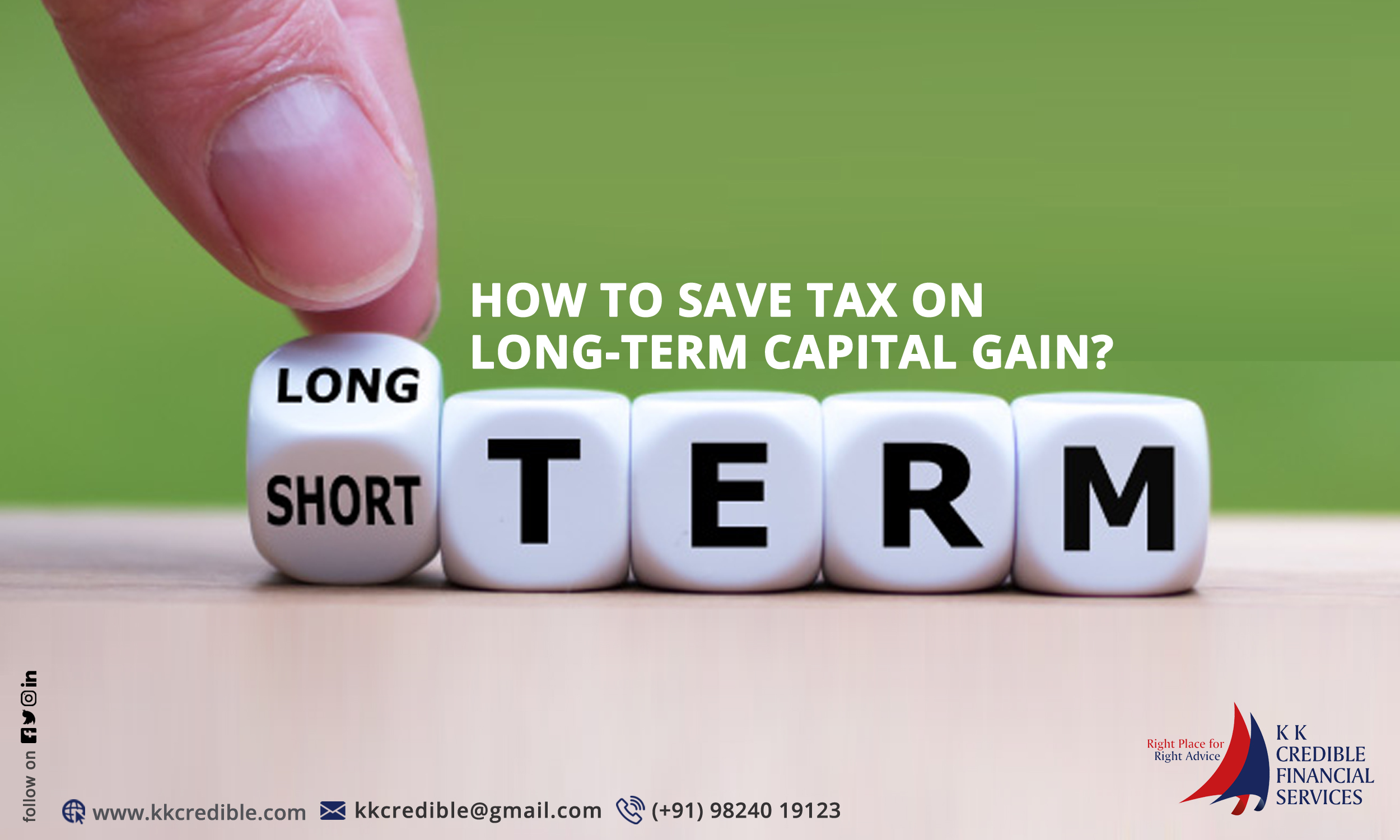-
Call Us (91) 98240 19123
-
Our Address Centre Point, Karansinhji Road, Rajkot.
-
Working Hours Mon - Sat, 10AM to 8PM
How to Save Tax on Long-term Capital Gain?

Capital gain tax is defined as the tax that is collected on capital gains. These taxes are collected by transferring an asset between owners. All the capital gains are accountable for taxation; however, the approaches for short-term and long-term capital gains differ from each other. A taxpaying individual can minimize its load of capital gain taxes by applying tax-efficient plans.
It is advisable to take help from Capital Gain Exemption Bonds service provider to learn about the detailed features on how to save tax through capital gains. The term ‘capital’ here consists of property like shares, stocks, jewelry, land, vehicles, and securities, which are held by an individual.
Long-term capital gain tax explained:
Long-term capital gain tax is performed on equity and debt funds, which are completely different from each other. The equity funds bring no tax, whereas debt funds bring a 20% tax that comes with indexation. But, the Indian government has offered choices to the taxpayers for claiming exemptions on long-term capital gains tax only by reinvesting into specific forms of investments.
The exemption under Section 54 can be obtainable on the long-term capital gain by selling house property. In contrast, Section 54F exemption is obtainable on the long-term capital gain by selling off assets apart from house property.
The long-term capital gains tax is normally taxed at lower rates compared to any standard income. If you want to sell a plot, land, apartment, house, or any property higher than the original price when you bought it, then you will be liable to pay capital gains tax for real estate selling. To understand in detail, you can seek help from Capital Gain Exemption Bonds service provider and have a better idea of this.
Saving tax on a long-term capital gain can be obtained by:
- Investing in residential properties:
You can save tax on long-term capital gain by purchasing a new residential property, which is directly associated with Section 54 and 54F. An individual or HUF (Hindu undivided family) gets exempted from paying long-term capital gains tax when they build a new house or buy a new residential property.
The purchase of the new property must be carried out within 1 year or 2 years before selling the existing property. When building a new property, it should get completed within 3 years after the sale of the house. It is very important to know about investing the capital gain.
- Invest in bonds:
Under Section 54EC, an individual can save tax on long-term capital gain by investing in bonds that can be issued through NAHI or RECL. You can view the list accessible on the Income Tax Department of India's official website.
- Invest in capital gain account scheme:
An individual can avail tax exemptions by investing in capital gain account scheme without buying a new residential property. According to Indian government rule, you can withdraw funds from your capital gain account to buy house, land, or for any other purposes.
The funds need to be used within 3 years of withdrawal. If not used, then the whole profit will get charged based on long-term capital gain tax rates. So, to avoid any major mistakes, you can connect with Capital Gain Exemption Bonds service provider to get proper assistance for these situations.
